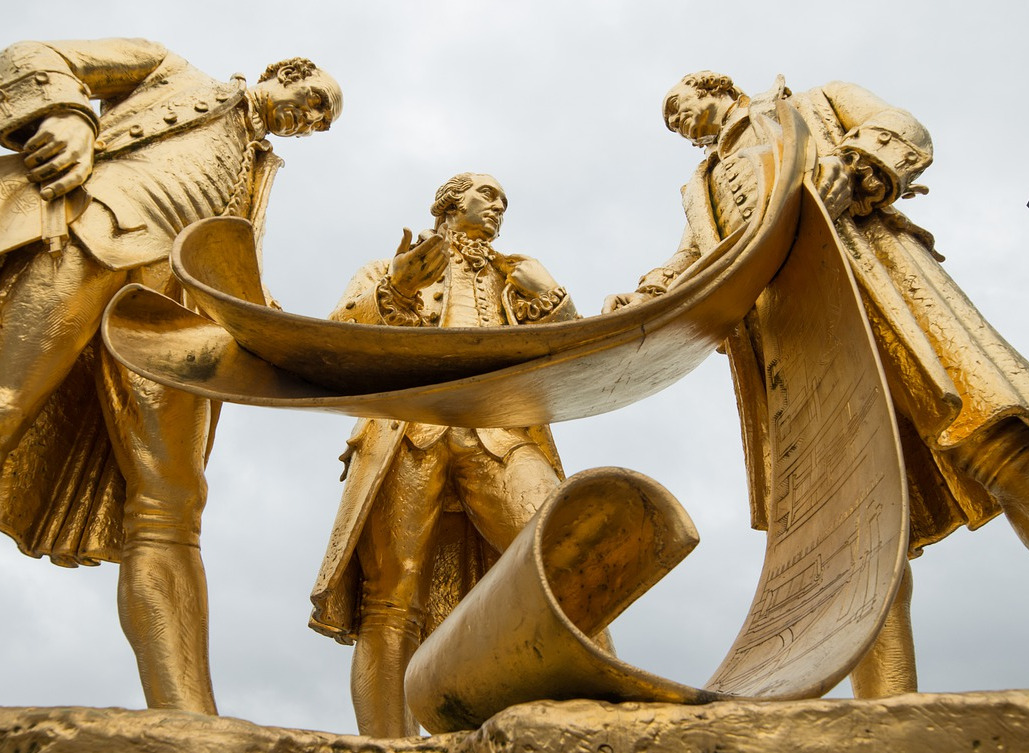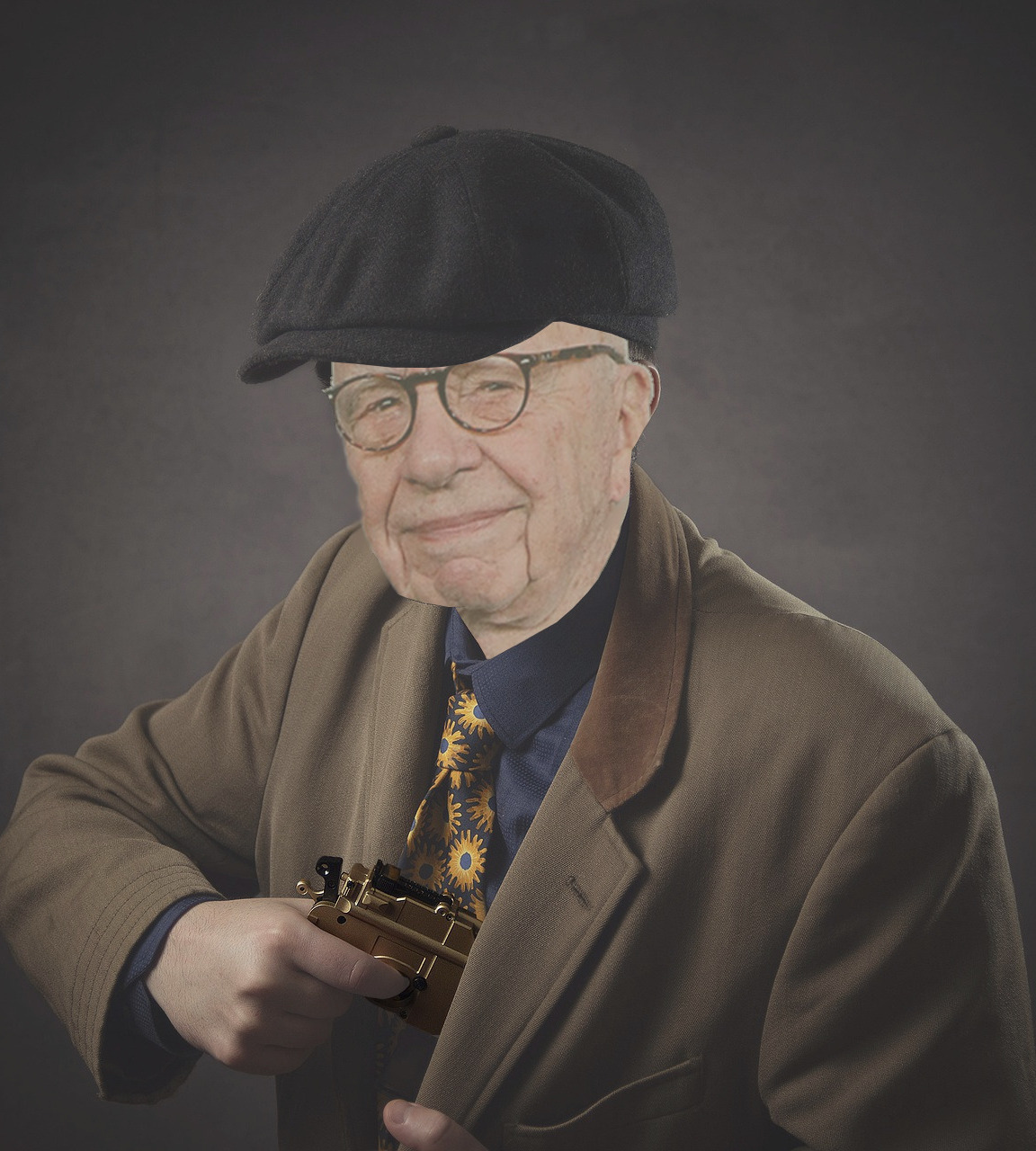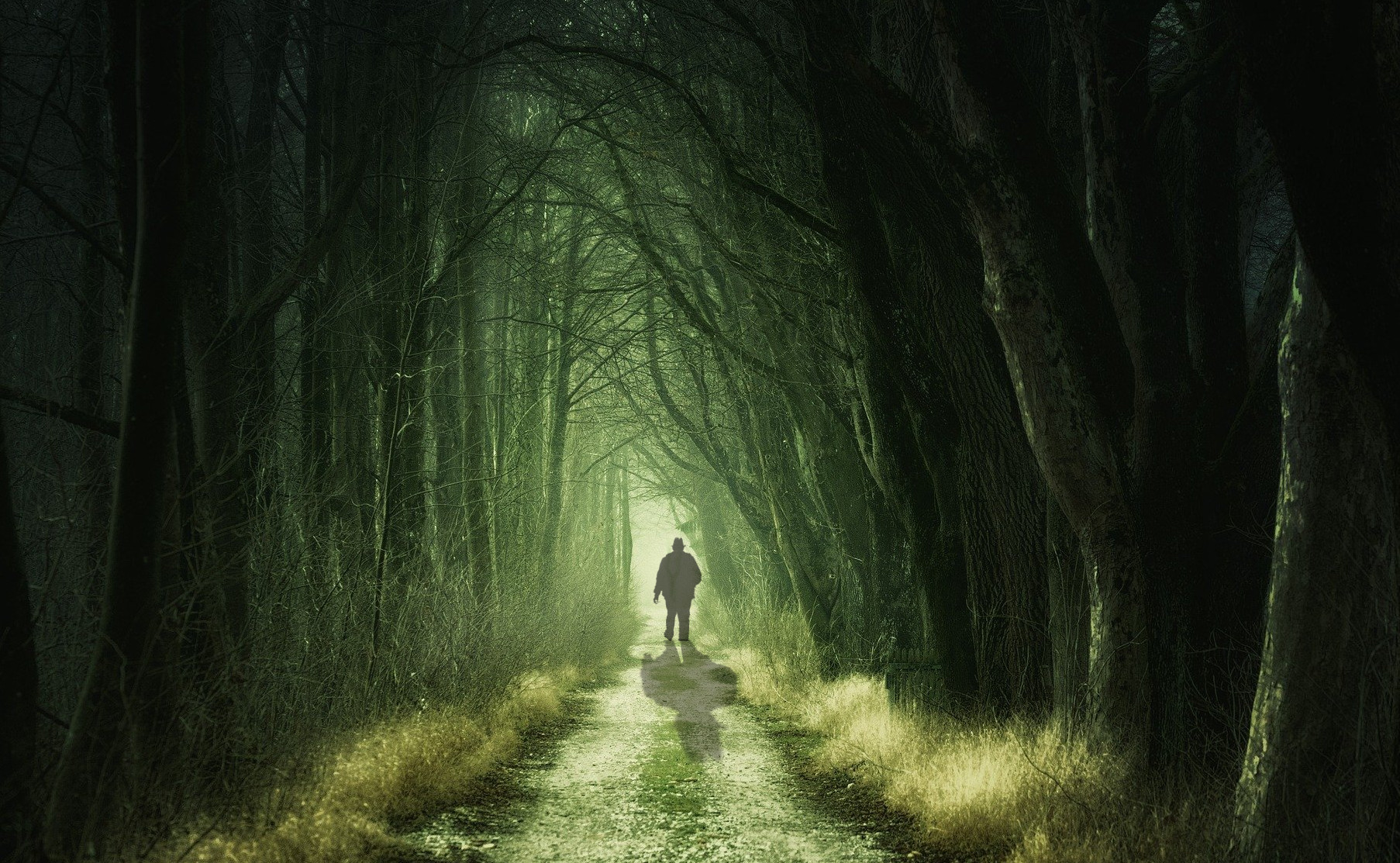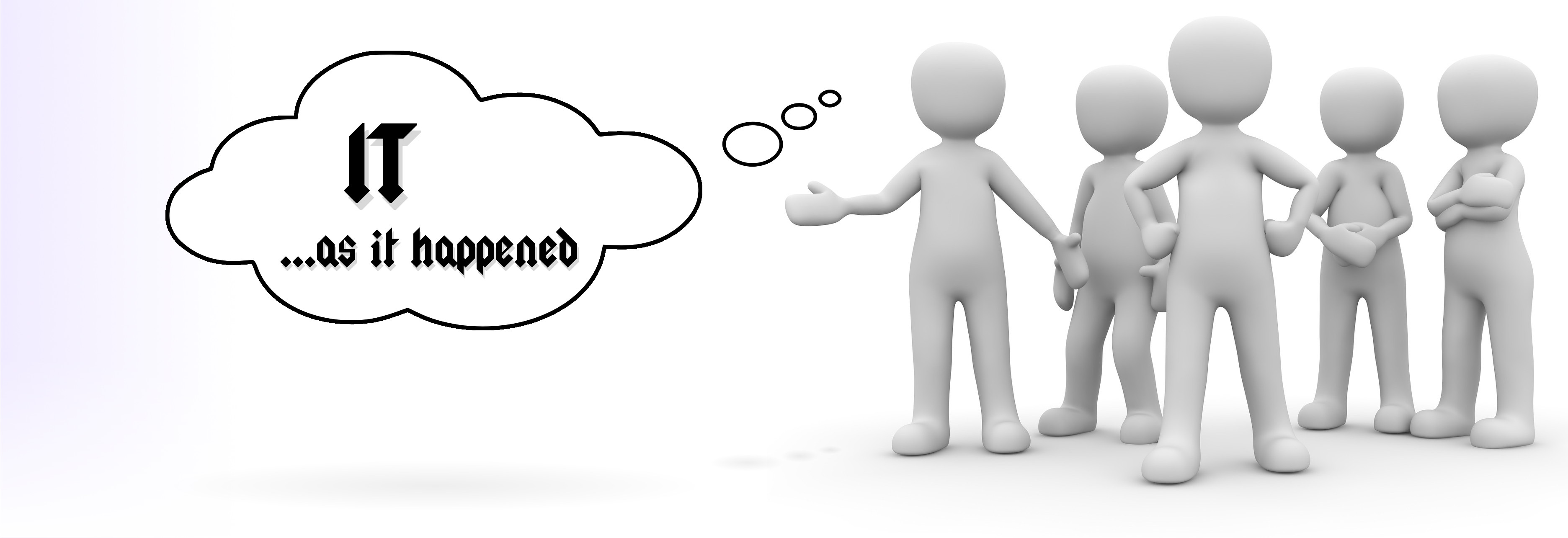It was late on a bright afternoon. The sun was playing through the billboards lining the information superhighway and leaving dark shadows as far as the eye could see.
From inside his castle, high on the hill above the valley that the information superhighway sprawled through, Sir Rupert seethed.
He seethed at the noise. He seethed at the lights. He seethed at the billions of dollars the information superhighway was "stealing from him".
Sir Rupert had long ago called officials he'd appointed in places the superhighway covered, and demanded they halt it's progress.

They did what they could, installing firewalls, placing artificial limits on infrastructure & development, and instituting unreasonable tolls for access to the superhighway.
But the information superhighway continued to grow, and more and more people were finding ways to use it. More and more people were finding ways to spend their money that had nothing at all to do with Sir Rupert.
And he seethed.
Rolling along the superhighway, with its big shiney carriage, lead by a team of 18 magnificent horses, came Google.
Google was able to see the opportunities the information superhighway opened up, and built a business on assisting people with finding them.
So too did Facebook. They found a way for people to share their experiences on the information superhighway and to bring socialisation to their lonely journeys.

Google and Facebook had been building off ramps from the superhighway directly to Sir Rupert's businesses, and putting prominent signage along the way to guide people there. They did this for no charge. They did it to attract a level of patronage that let them offer other services that could be charged for.
They didn't take anything from Sir Rupert, and in fact directed more business to him than he would have otherwise got.
But they did it for everyone, and where Sir Rupert prefers you only had him as an option, Google and Facebook were giving just as much exposure to his competitors. They were helping new businesses to prosper because of the reach they offered.
Google and Facebook got very rich very quickly, taking bites from the pie that Sir Rupert thought was all his. And he, of course, seethed.
So Sir Rupert hatched a plan: if you can't beat them, join them.
But Sir Rupert was a twisted old man, set in his ways, and where you or I might see "joining them" as something akin to providing a popular and valuable service and working out how to monetise it, he saw it as standing over the successful, and demanding a share of their profits.

Sir Rupert sent his messengers to the far off land of Can-Berra to set his plan in motion.
There, the local corrupt officials put together a gang of Bushranger Highwaymen, intially to "protect" consumers, but in practise to accost large passing carriages, pulling them over and demanding "your money or your life".
They called them the ACCC Gang (Australian Criminal Conspiracy Consortium, I think) and gave them powers to accost anyone they saw fit.
Sometimes they stood over a company with empty threats. Sometimes they were used to give the appearance of policing going on in the corporate boardrooms. Sometimes they bought the whole authority of the region down onto a company to extract what their bosses wanted.

It was the perfect ruse. The officials could claim it was the ACCC Gang doing the actual work on the street, while the Bushrangers were able to claim they had authority to conduct their dealings.
The plan was to get Google and Facebook, to decide it was cheaper to make regular contributions to Sir Rupert than to keep having their carriages stopped and menaced. And that was the offer explicitly put to them.
Before very long, both Google and Facebook realised that without paying some sort of protection to someone in the land of Can-Berra, any carriages they sent down to that dark corner of the information superhighway were going to be accosted.
They attempted to do deals with other locals to undercut Sir Rupert's demands. But such was Sir Rupert's reach that even competitors were afraid to go against him.

There's every chance in this great big world that one day you're going to need Sir Rupert to not have a grudge against you.
And so Google considered not even travelling that way again. Though they had a loyal customer base down that end of the superhighway, they couldn't afford to pay protection money for services they offered for free.
Especially when they knew that caving to extortion in one region meant they were opening themselves up to extortion in all.
What happened next?
That's where the story gets troubling. We're still in the middle of it.
Did we all wind up having to use Bing? Did Sir Rupert lose his power before he died? Did the corrupt officials in Can-Berra ever see justice?
Only time will tell.
Sleep well :)


